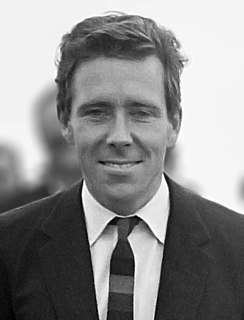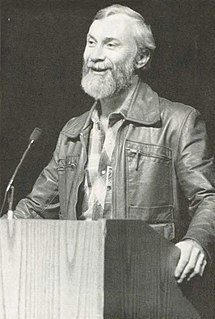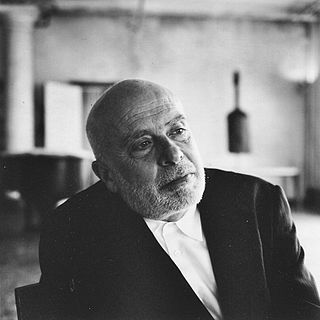A Quote by Leonard Nimoy
If you are walking down the street, camera in your hand, loaded and ready to shoot. You see a person falling from a high building, either having fallen or jumped. That person is falling through space. You don't shoot that photograph unless the theme you are working on has to do with the effects of space on the human figure. If you simply photograph that event because it is an event that is happening, you're doing photojournalism.
Related Quotes
... I'm sort of a nervous person with the camera, so I will just shoot arbitrarily until I can focus and compose something, and then I make a shot. So generally, in [the] proof sheets, there are only three or four really concentrated efforts to take a photograph. It's not like a professional kind of person who sets it up so every photograph looks really cool.
The leaves are falling, falling as if from far up,as if orchards were dying high in space.Each leaf falls as if it were motioning "no."And tonight the heavy earth is fallingaway from all other stars in the loneliness.We're all falling. This hand here is falling.And look at the other one. It's in them all.And yet there is Someone, whose handsinfinitely calm, holding up all this falling.
The event is not what you should be working on. You should be working on your response or reaction to an event. You either react to it - that means you become victimized, and you say this thing is happening to you - or you respond to it and say the solution must come through you - that's where you stay focused, not on the rightness, wrongness, fairness of the event, but on the appropriateness of your response.
I think it is quite wrong to photograph, for example, Garbo, if she doesn't want to be photographed. Now I would have loved to photograph her, but she obviously didn't want to be photographed so I didn't follow it up. Then somebody will photograph her walking down the street because she has to walk down the street, and I mind that sort of intrusion. I think this is horrible.
When I realize that she is gone, perhaps gone forever, a great void opens up and I feel that I am falling, falling, falling into deep, black space. And this is worse than tears, deeper than regret or pain or sorrow, it is the abyss into which Satan was plunged. There is no climbing back, no ray of light, no sound of human voice or human touch of hand.
The leaves are falling, falling as from way off, as though far gardens withered in the skies; they are falling with denying gestures. And in the nights the heavy earth is falling from all the stars down into loneliness. We all are falling. This hand falls. And look at others: it is in them all. And yet there is one who holds this falling endlessly gently in his hands.
I am a lay historian by nature. I seek out an empirical reflection of what truth is. I sort of want dates and motivations and I want the whole story. But I've always felt, unconsciously, that all human history is that connection from person to person to person, event to event to event, and from idea to idea.
This is life. It is everywhere, and it is here for the taking. I am alive and I know this, now, in a more profound way than when I am doing anything else. These sights are ephemeral, fleeting treasures that have been offered to me and to me alone. No other person in the history of the world, anywhere in all of time and space, has been granted this gift to be here in my place. And I am privileged, through the camera, to take this moment away with me. That is why I photograph.
I think people kind of come up and go, "Why hasn't that person busted out?" Almost always at the end of career, what you find out is that either consciously or subconsciously success hasn't happened because that person hasn't chosen for it to happen. Either through walking away because it wasn't the life they wanted or through self-sabotaging because they weren't ready.
The Photograph is an extended, loaded evidence — as if it caricatured not the figure of what it represents (quite the converse) but its very existence ... The Photograph then becomes a bizarre (i)medium(i), a new form of hallucination: false on the level of perception, true on the level of time: a temporal hallucination, so to speak, a modest (o)shared(i) hallucination (on the one hand 'it is not there,' on the other 'but it has indeed been'): a mad image, chafed by reality.



































